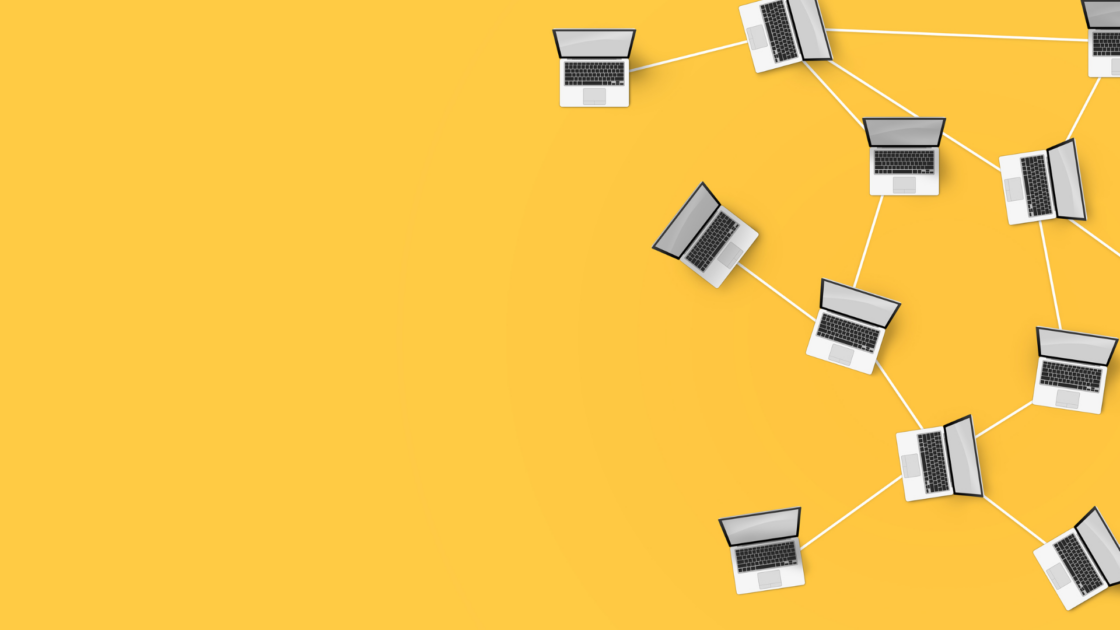Empowering Brand and Culture with Kindness: Insights from the Chicago CMO Community Luncheon
Empowering Brand and Culture with Kindness: Insights from the Chicago CMO Community Luncheon
Last week, I had the pleasure of hosting a group of like-minded leaders at the Aventi Group Chicago CMO lunch. The gathering was centered on a theme that is close to my heart and critical to building positive momentum in our industry: the role of kindness in culture and marketing.
Nicole Yelsey, founder of KindWorks, shared inspiring insights on building organizational kindness. Her approach involves both personal and professional check-ins, backed by scientific research showing the profound impact of kindness on connection, purpose, and motivation. Our discussion reaffirmed a shared understanding – that kindness is not just a nice-to-have; it’s a strategic imperative that shapes the internal dynamics of our companies, defines our brand, and affects the way we connect with our customers.
The Viral Effect of Kindness
The “No Jerk Policy” was highlighted as a testament to how policies focused on positivity can transform company culture, creating a ripple effect that extends to customer experiences. This approach has shown that kindness can indeed become viral, influencing behaviors both within an organization and in its external engagements.
Kindness acts as a bridge between people, fostering a deeper connection that is grounded in empathy and understanding. For Gen Z and Gen Alpha, the resonance of a brand’s values with their own is often a deciding factor in their consumer and employment choices. Courses like NYU’s “How to be Happy” have surged in popularity, underscoring a generational shift towards prioritizing well-being and positive values in education, work, and life.
Cultivating Kindness as a Core Competency
In our discussions, we delved into practical ways to cultivate kindness within an organization. It begins with leadership embodying this value, creating practices and environments that encourage kindness as a default response. From starting meetings with empathetic questions to integrating kindness into performance reviews and company lexicon, the goal is to make kindness a muscle that’s flexed regularly.
Technology as a Catalyst for Kindness
In an era where digital tools shape much of our interaction, we discussed leveraging AI to prompt acts of kindness. Whether it’s onboarding new employees with warmth or starting meetings with a focus on well-being, technology can be a powerful ally in embedding kindness into our daily routines.
Despite many organizations espousing values of kindness, the gap between rhetoric and practice is often wide. Here, technology can also play a role, helping to monitor and encourage positive interactions that reinforce a culture of kindness.
The Ripple Effect of Kindness
The impact of kindness within an organization is profound. It leads to higher engagement levels among employees, fosters trust, and can significantly enhance a brand’s appeal to both consumers and potential employees. Young people, in particular, are drawn to brands that stand for something meaningful, extending the influence of an organization’s internal culture to its external brand perception.
Moving Forward with Kindness
As we wrapped up the luncheon, it was clear that kindness is a powerful tool that can transform an organization from the inside out. Starting with onboarding, extending to every meeting, and ingrained in performance reviews, kindness can create a culture that not only attracts but retains talent and builds lasting brand loyalty.
In closing, I’m reminded of the broader conversation around soft skills in product marketing. Kindness, empathy, and understanding are not just soft skills; they are essential to building successful teams and brands. As we continue to navigate the challenges and opportunities of our industry, committing to kindness can become a cornerstone of marketing, culture, and strategy.




